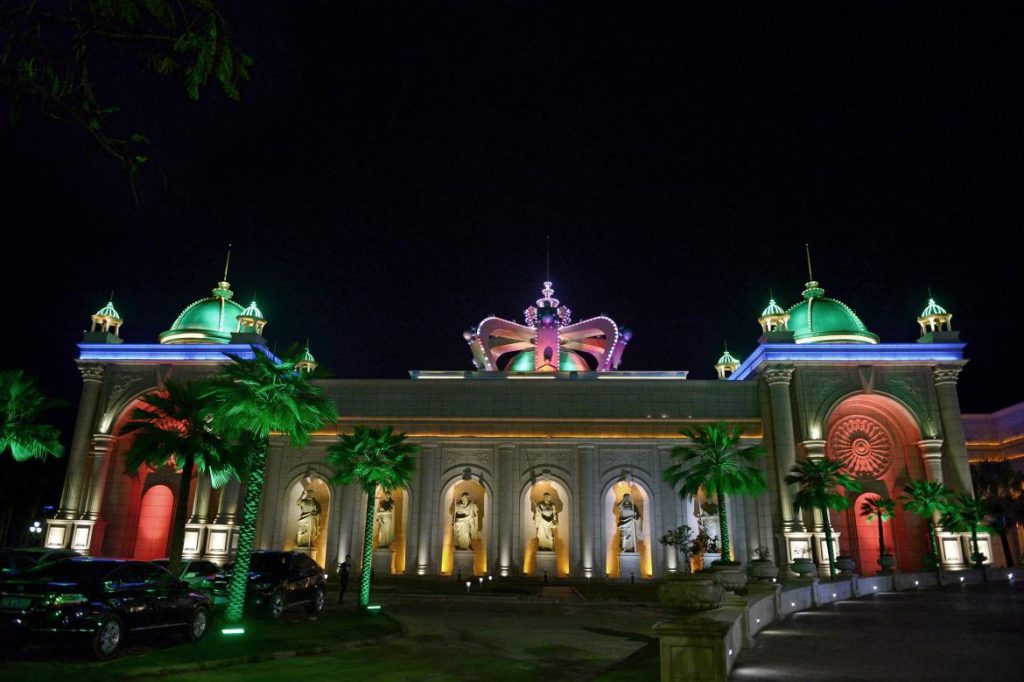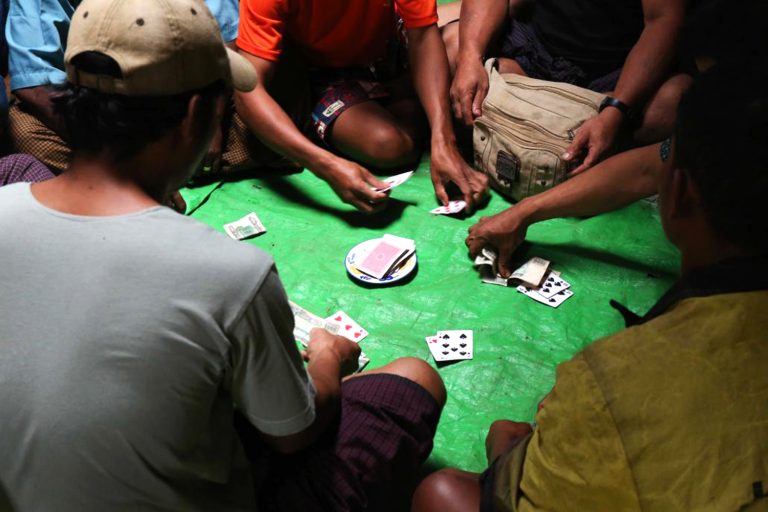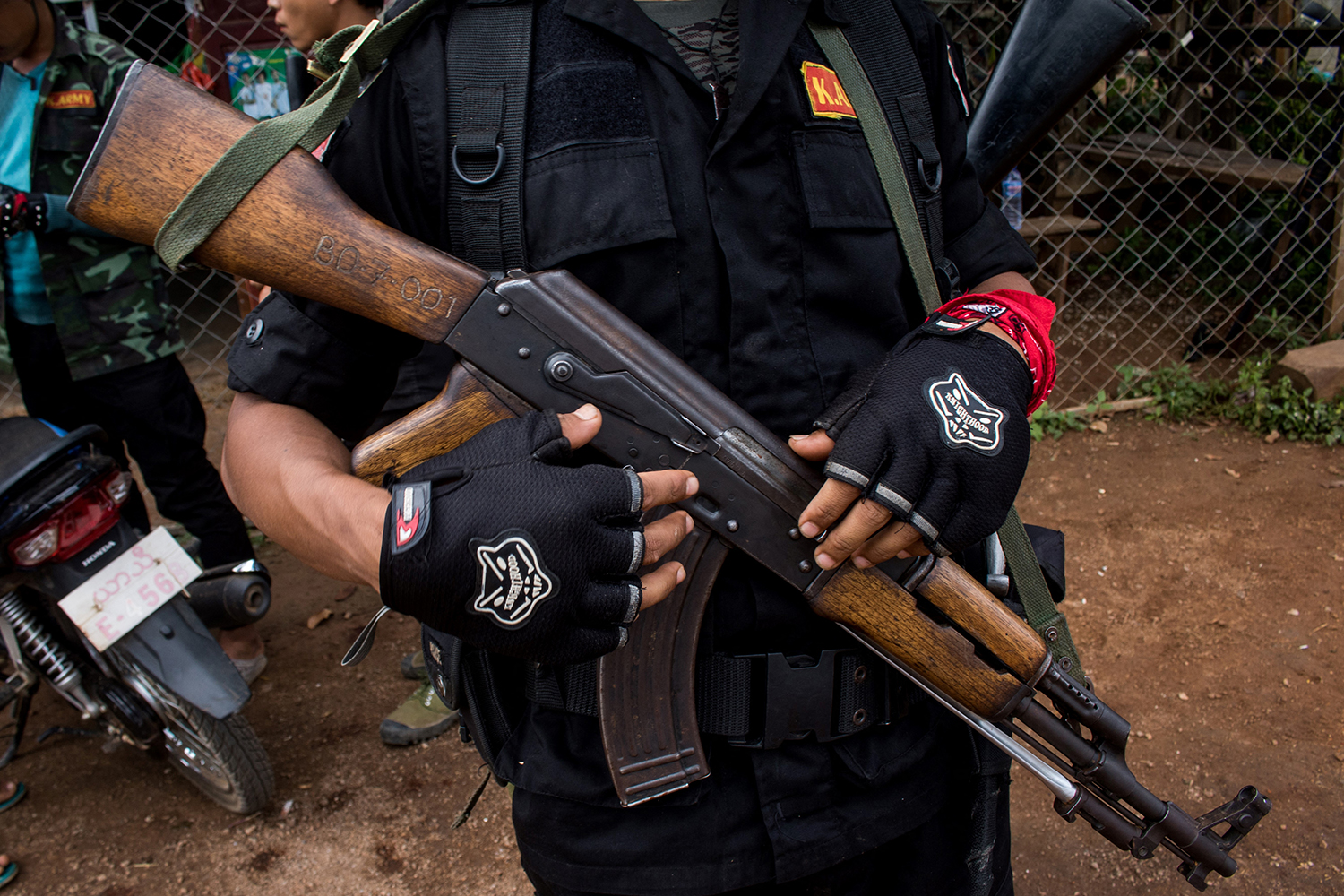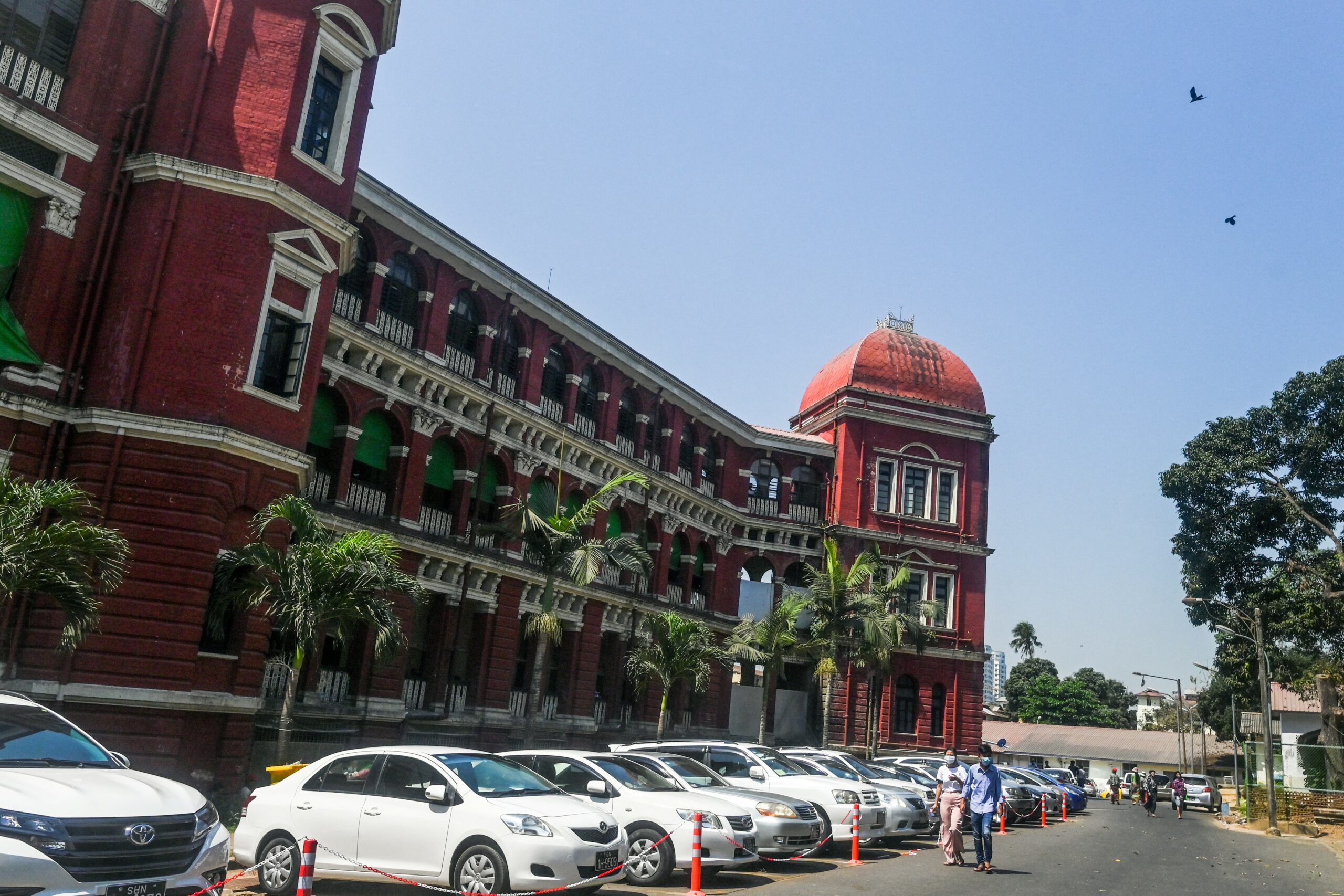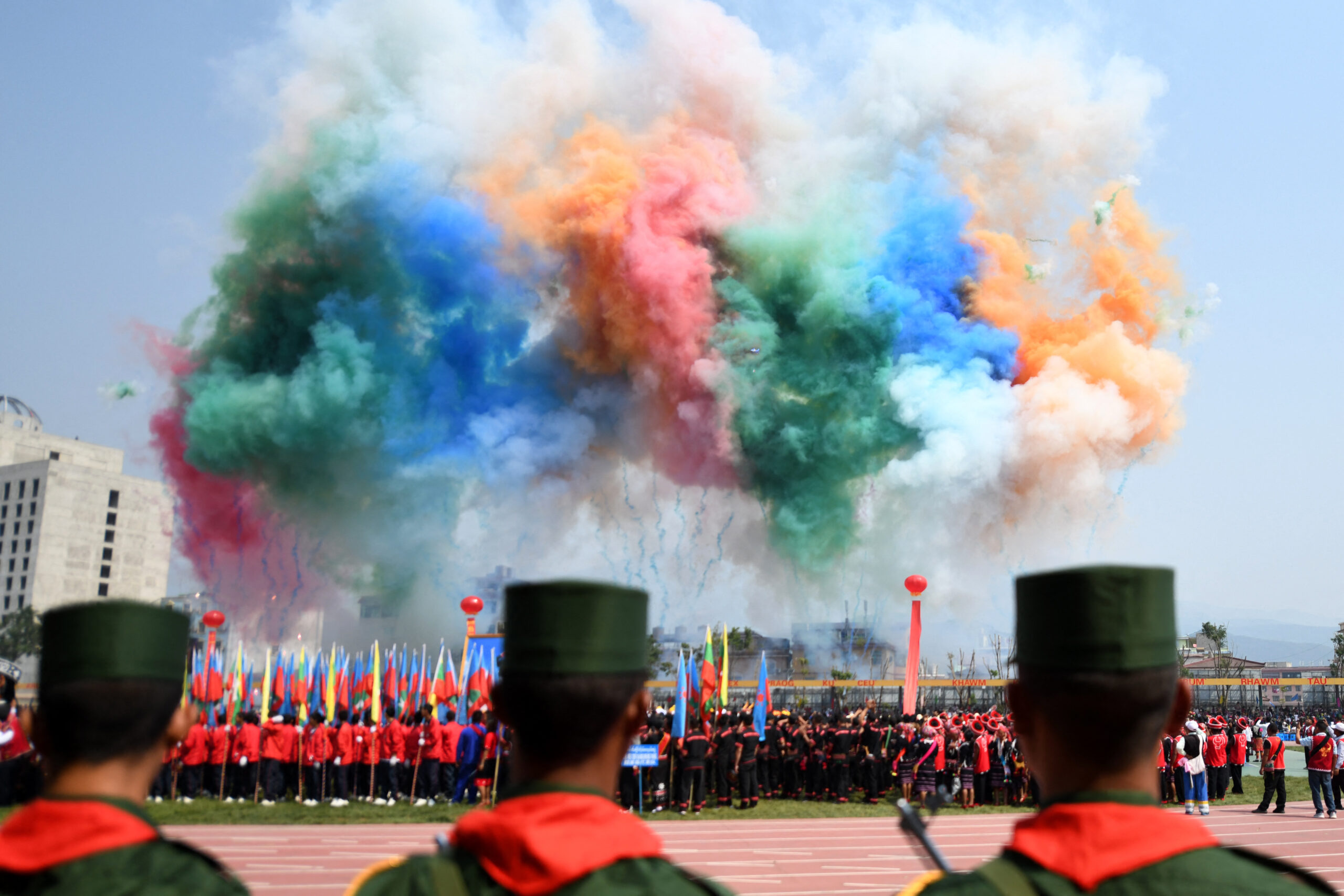Casinos at Myawaddy operated by the Kayin State Border Guard Force to raise funds for development projects have sparked debate about whether such gambling venues should be legalised in Myanmar.
By SITHU AUNG MYINT | FRONTIER
IN EARLY September, the Kayin State Border Guard Force invited journalists to a news conference and told them that the casinos it operates near Myawaddy, a busy trading town on the border with Thailand, were mainly to raise funds for development projects. The BGF, which is under Tatmadaw command, said it had sought permission from the government to operate the casinos and was yet to receive a response.
As well as the gambling joints in a kind of no-man’s land on the border between Myanmar and Thailand at Myawaddy, casinos operate in other border areas. How are the casinos able to operate without legal permission? Should they be allowed or should they be banned? These are questions I would like to discuss this week.
In 1989, the once-powerful Communist Party of Burma collapsed following a mutiny at its headquarters in northeastern Shan State on the border with China. The CPB’s collapse was followed by the emergence of the ethnic Chinese Wa, Mongla and Kokang armed groups, each of which signed ceasefires with the junta in 1989. The end of fighting paved the way for a flourishing trade along the Myanmar-China border, including in timber, gems, jade and minerals, and the armed groups later established casinos in areas under their control.
The casinos were funded by rich investors from China who took the lion’s share of the profits, with the rest going to their armed group partners. Initially, the casinos sought to attract only wealthy gamblers from China, but eventually they became popular among the local people. For example, there are few Chinese nationals to be seen in the casinos near the border in Kachin State’s Kan Pai Tee area, and the overwhelming majority of gamblers are local people.
Support more independent journalism like this. Sign up to be a Frontier member.
The social cost of the casinos has been high, and has resulted in ruined lives, destroyed relationships, and bankrupted businesses. Casinos have impoverished many Myanmar citizens who have become compulsive gamblers and they have also contributed to other social problems, including higher rates of crime and substance abuse.
Mongla is especially notorious for its casinos and the town’s thriving sex industry. Yunnan government officials are unhappy about the popularity of the casinos among Chinese gamblers. However, pressure from the Chinese side to shut down the casinos, and those along the border in Kachin, has been unsuccessful.
Casinos operate at two island resorts near Kawthaung in the country’s far south under permission granted by the junta in the 1990s and they attract scores of Thai gamblers every day. The establishments are controversial because casinos are banned under the 1899 Burma Gambling Act. One of the casinos was developed by a Thai investor who was given the rights to an entire island.
Myanmar citizens undergo careful screening before they are permitted to travel to the island, which was once a popular holiday destination for senior Tatmadaw officers and their families during military rule. The terms of the licence under which the casino operates, and the amount of revenue it contributes to the government’s coffers, are not known.
The casinos along the border at Myawaddy are a recent development. Although intended for wealthy Thais, they are certain to appeal to the border town’s large population of migrant workers. Colonel Saw Chit Thu of the Kayin State BGF has called for permission to be granted to the casino so its proceeds can fund development projects and provide revenue to the government. The call has been opposed by Kayin State Hluttaw MP U Thant Zin Aung (National League for Democracy, Myawaddy-2), who says gambling ruins the lives of Myanmar citizens and creates associated problems, such as higher crime rates and drug addiction.
Myanmar is a poor country and its citizens do not need casinos. Casinos are illegal in China and Thailand, but consideration could be given to the example set by Cambodia, where gambling establishments generate revenue and help to attract tourists. If casinos were allowed in designated areas they could support development in border regions. However, precautions would be essential to ensure the casinos did not adversely affect the lives of Myanmar citizens and the management of the gambling venues would need to be strictly controlled.


